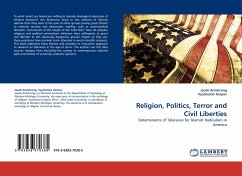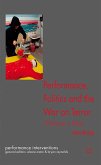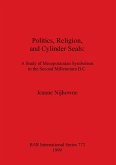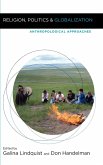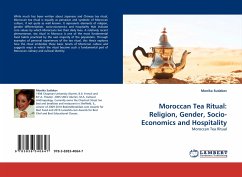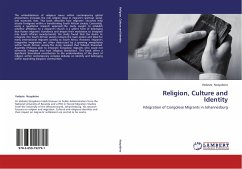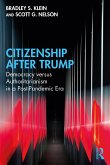To what extent are Americans willing to tolerate ideological advocates of militant Islamism? Are Americans more or less tolerant of Islamist radicals than they were in the past of other groups posing great threats to national security and democratic stability, such as soviet-backed domestic communists at the height of the Cold War? How do people's religious and political orientations influence their willingness to grant civil liberties to this obviously dangerous group? Urgent as they are, these questions have received scant attention in social scientific research. This book addresses these themes and provides an innovative approach to research on tolerance in the age of terror. The authors use rich data sources ranging from McCarthy-era surveys to contemporary national polls and studies of university students' opinions.
Bitte wählen Sie Ihr Anliegen aus.
Rechnungen
Retourenschein anfordern
Bestellstatus
Storno

